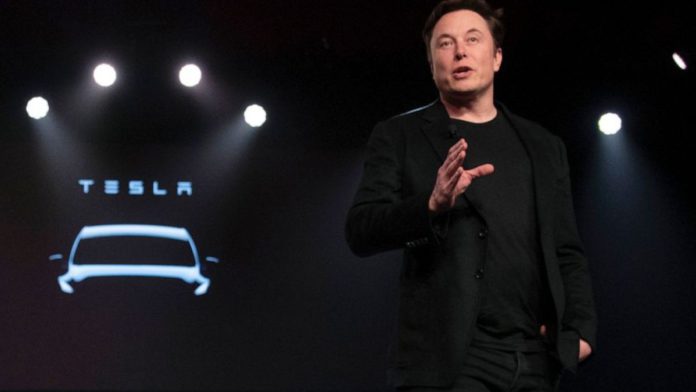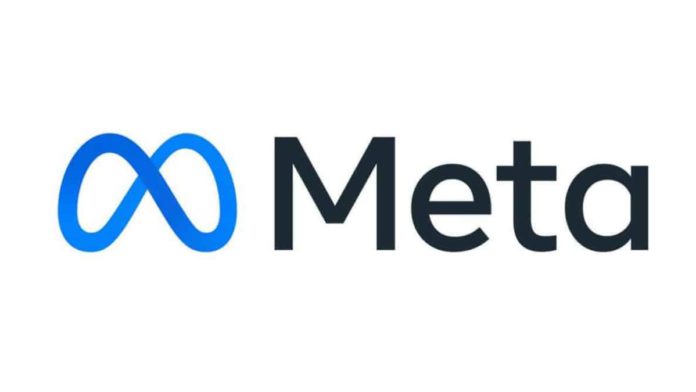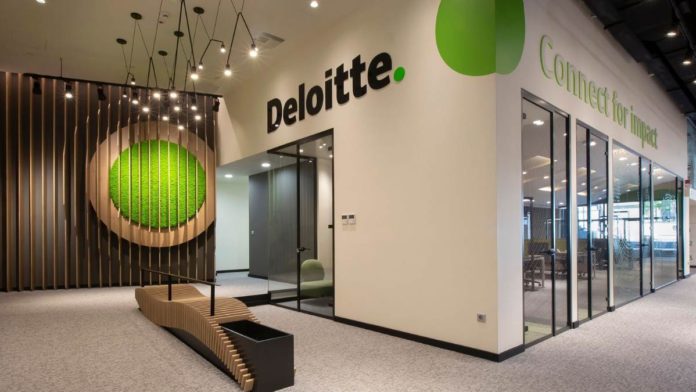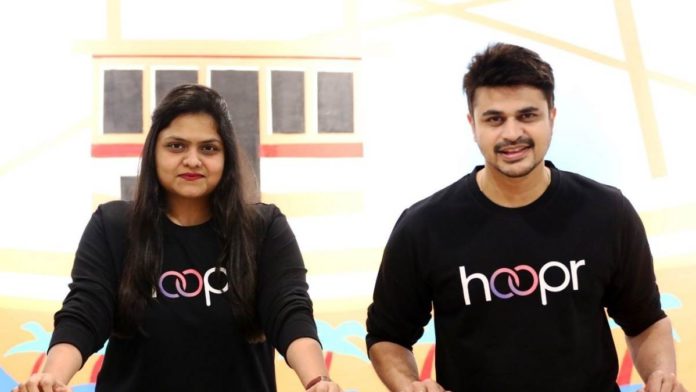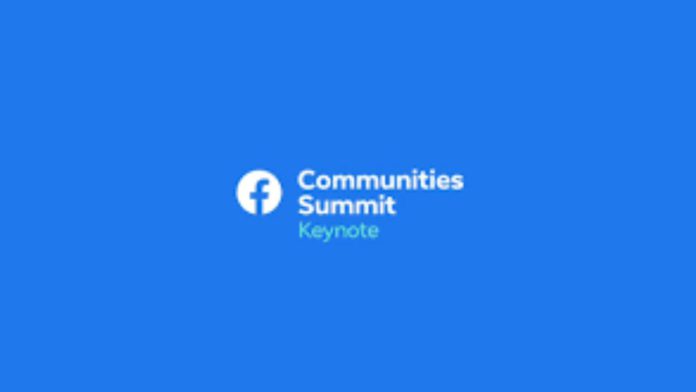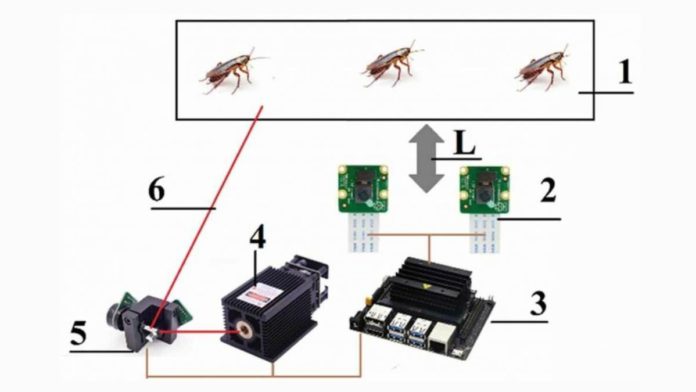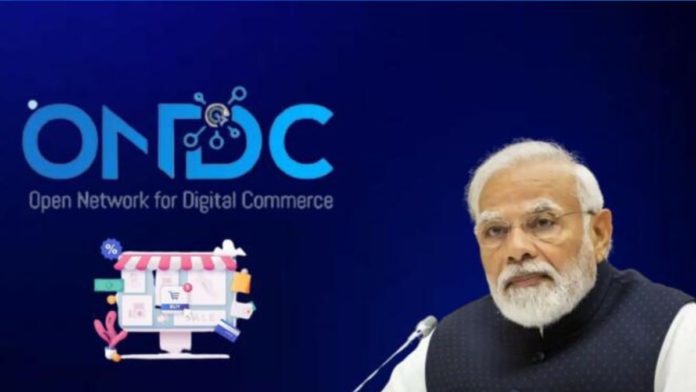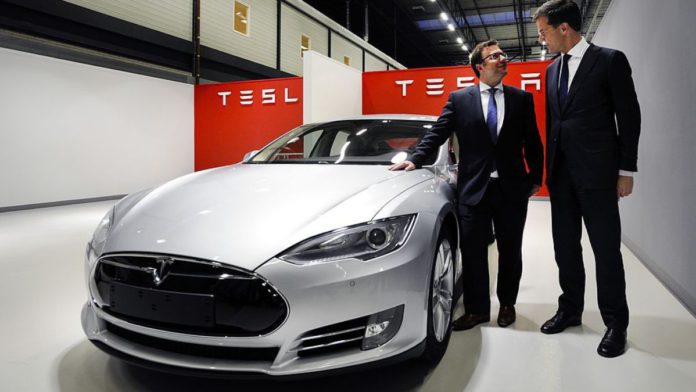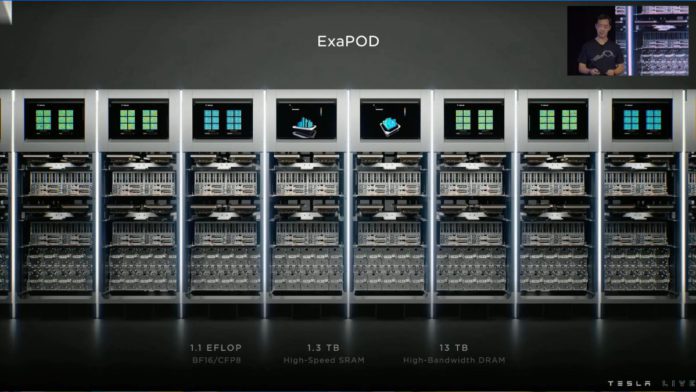Tesla’s shares fell 7% on Monday after the company sold fewer-than-expected vehicles in quarter three as deliveries lagged way behind production because of logistic hurdles.
The shares opened at a more than two-month low, and if losses hold, Tesla will lose about $58 billion in market capitalization in a single day. It will be more than the market value of General Motors Co. and Ford Motor Co.
Tesla produced a record 365,923 EVs in the quarter and delivered a new high of 343,830, but still missed market expectations, with a huge gap between production and deliveries raising investor worries.
Read More: Musk Says 160,000 Tesla Customers Are Now Running The FSD Beta
The company said it could not secure enough transportation during the peak time at a reasonable cost for vehicles made. Chief Executive Elon Musk has vouched for steadier deliveries in the current quarter to reduce the last-minute rush.
Due to the increased prices of Tesla vehicles, higher borrowing costs, and a dull outlook for global economic growth, the shortfall in deliveries comes with demand worries among investors and analysts.
Tesla will need to deliver more than 450,000 vehicles in the fourth quarter to meet its goal of growing deliveries by 50% annually. The company aims to produce about 495,000 Model Y and Model 3 during the period. Shares of smaller electric-vehicle makers, including Rivian Automotive Inc, Fisker Inc, and Lucid Group, were also down between 2.7% and 6.8% in early trading.


